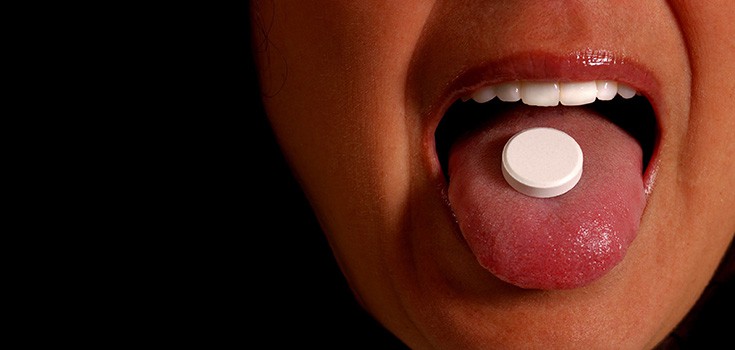PPIs for Acid Reflux: Costs May Well Outweigh Benefits

Proton-pump inhibitors, or PPIs, the most common of which are Prilosec, Prevacid and Nexium, are among the highest-selling class of drugs in the U.S., outpaced only by statins and anti-psychotics. In 2010 alone, they generated $13.9 billion worth of sales, despite multiple warnings issued by the consistently conservative U.S. Food and Drug Administration warning about the increased risks of bone fractures and malabsorption issues associated with their long-term use.
More recently, the association between PPIs and increased risk of becoming infected with Clostridum difficile, the infamous bacteria well known for causing severe, sometimes fatal, diarrhea and inflammation of the colon, has been confirmed.
Pharmaceutical PPIs for Acid Reflux – Say No
Perhaps even more disquieting is the common knowledge among medical professionals that of the 100 million prescriptions for proton-pump inhibitors handed out in 2009, not a one addressed the underlying cause of acid reflux. PPIs work by blocking the production of stomach acid, but there are a number of consequences to this approach: shutting off acid production dramatically alters the body’s own intricate ‘gut ecology,’ potentially increasing overgrowth of unwanted pathogens; not to mention, the body compensates for decreased acid production by increasing activity of acid producing cells, which means that when one stops ingesting proton-pump inhibitors, their system is primed to produce more acid than ever before.
Additionally, Dr. Joseph Stubbs, an internist in Albany, Georgia, and a former president of the American College of Physicians comments on reflux’s frequent role as a signaling system, wherein which our bodies let us know that something needs to change. “When people take PPIs, they haven’t cured the problem of reflux,” he says. “They’ve just controlled the symptoms…People have found, ‘I can keep eating what I want to eat, and take this and I’m doing fine. We’re starting to see that if you do that, you can run into some risky side effects.”
In another study, Dr. Joel J. Heidelbaugh, a family medicine doctor in Ann Arbor, Michigan found that only one third of almost 1,000 patients on PPIs at an outpatient Veterans Affairs clinic had a diagnois that explained their prescription. Apparently, the other two-thirds were on the drugs, ‘just in case.’
Dr. Donald O. Castell, an author of the American College of Gastroenterology’s practice guidelines for GERD and director of esophageal disorders at the Medical University of South Carolina comments that the rapidly increasing body of research proving the risks associated with PPIs “are statistical analyses of very large patient populations. But how does that relate to you, as one person taking the drug?” The suggestion he wishes to make by posing this question is beyond me, but I do find it notable that he is also purported to have financial ties to several of the pharmaceutical companies that manufacture the drugs in question.
His later comment, explaining his rationale for prescribing PPIs, even with their known risks, for problems which could very likely be addressed with lifestyle changes is telling. “If we took 100 people with reflux and got them to rigidly follow the lifestyle recommendations, 90 wouldn’t need any medication,” Dr. Castell said. “But good luck getting them to do that.”
That, Dr. Castell, I would humbly venture to suggest, is the job of a good physician.
Skip the PPIs, and learn how to treat acid reflux naturally.
Additional Sources:
NY Times Well Blog: Combating Acid-Reflux May Bring Host of Ills

just don't eat desert after a meal,ever,,you don't want sweet stuff on top,,or eat it first if you must.